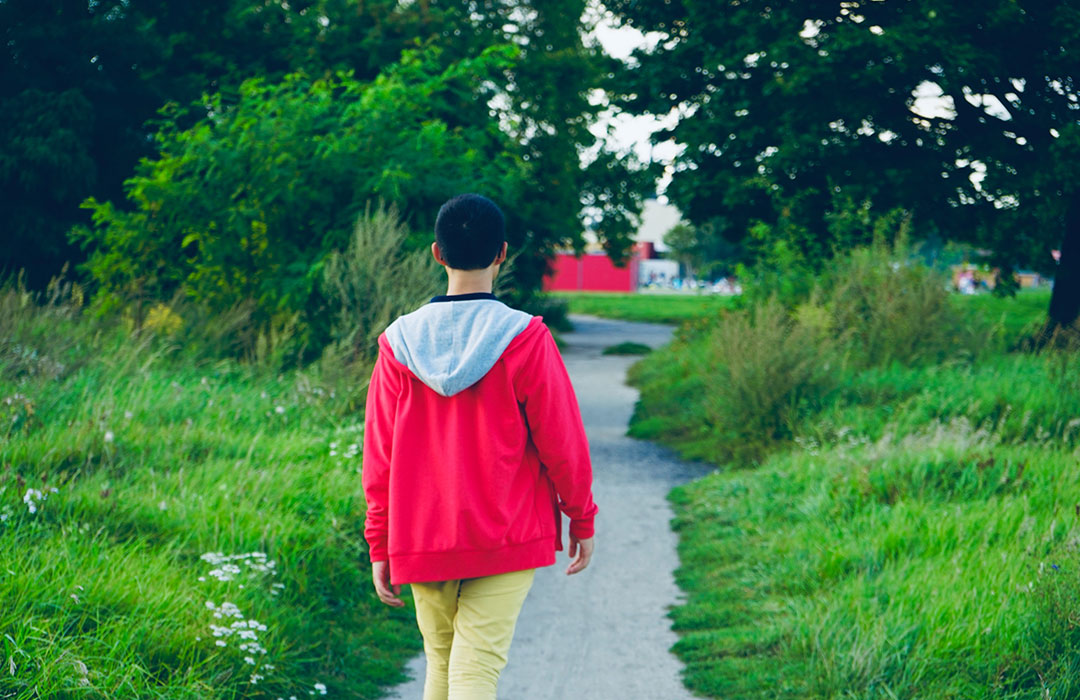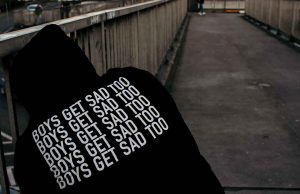

Depression Symptoms: What Are They? Am I Depressed?
With depression, you might have trouble falling asleep, or you might find yourself going to bed right after dinner. You might skip meals, or you might overeat. You can lose interest in sex, or crave it addictively. You might get headaches or stomachaches, feel fatigued (even after an adequate night’s sleep), forget things, or find it hard to concentrate. One thing, however, is certain: you feel severe emotional pain.
As you can see, depression symptoms can vary from person to person, depending on depression type and severity. However, common symptoms, which also make up the diagnostic criteria for major depressive disorder, are as follows:
- Feelings of intense sadness, despair, and/or emptiness
- Loss of pleasure in activities you used to enjoy
- Significant changes in appetite or weight
- Sleep disruption, such as insomnia or hypersomnia
- Odd changes in activity levels
- Feelings of worthlessness or shame
- Fatigue or lack of energy
- Diminished ability to think straight
- Suicidal thoughts or ideation
If these symptoms sound all too familiar, you might feel scared, nervous, or anxious. But you shouldn’t worry—remember that there is effective treatment out there. Speak with a medical professional about these symptoms so that you can determine what the right next step is.
Depression Types: Major Depression, Bipolar Disorder, Postpartum Depression, and More
While the quiz and information on this page focuses on mild and major depression, there are many different kinds of depression. For example:
- Bipolar disorder (or bipolar depression)
- Postpartum depression
- Seasonal affective disorder (SAD)
- Persistent depressive disorder
- Disruptive mood dysregulation disorder
- Premenstrual dysphoric disorder
- Substance-induced depressive disorder
- Adjustment disorder
While these forms of depression are less common than mild and major depression, they are still serious and come with harmful symptoms as well as harmful side effects. If you are experiencing symptoms of any form of depression, be sure to get the right help and support.
Depression Treatment: What Are My Options?
If you think you’re depressed or are exhibiting signs of depression, know that there is a light at the end of the tunnel. While you might feel scared or uncertain about your situation, there is effective treatment out there. Both counseling and medications have proven to help those who suffer with all different types of depression:
- Counseling: “How does counseling help?” The signs and symptoms of depression can vary, which means that the course of counseling for depression can vary too. Your depression counselor will assess your specific symptoms and needs before designing your experience in counseling—this is what makes it so effective. That said, counseling for depression might involve fixing negative thoughts, getting to the root cause of your depression, and implementing self-care activities into your routine.
- Medication: Medication, typically an antidepressant, can help certain individuals with depression, too. It’s important that you discuss your specific situation with your healthcare provider to determine if/what medication is right for you.
So again, talk to a mental health professional about your symptoms. They will help you to come up with a plan for moving forward and learning to live a happy, healthy life despite depression.
Let’s keep in touch! Sign up to receive our newsletter:
Start a Relationship with An Exceptional Counselor
- Skilled and caring professional counselors
- Accepting all major and most insurances
- High-touch customer service & premium benefits
- Same- or next-day appointments
- Ultra-flexible 23.5hr cancellations















Good evening! I read your article and remembered the story of my friend who was depressed for a long time. For a long time, we did not know how to help him. He had the same symptoms described in your article. He was always tired, lethargic, he had a poor appetite and thoughts of suicide. When my friend started talking seriously about depression, I realized that he urgently needed help. We advised him to consult with a psychologist, and he signed up for several sessions. Soon he felt better, and two months later he again became a cheerful person. Therefore, I absolutely agree with you that when a person is depressed, he should turn to a professional for help.